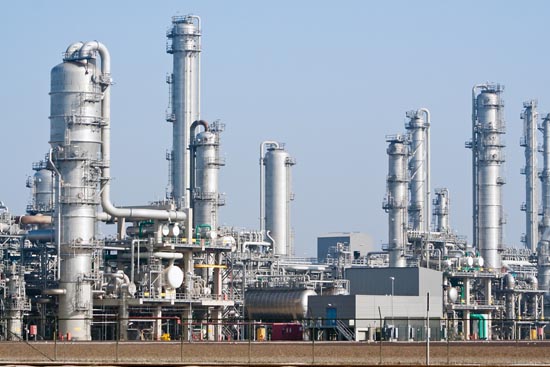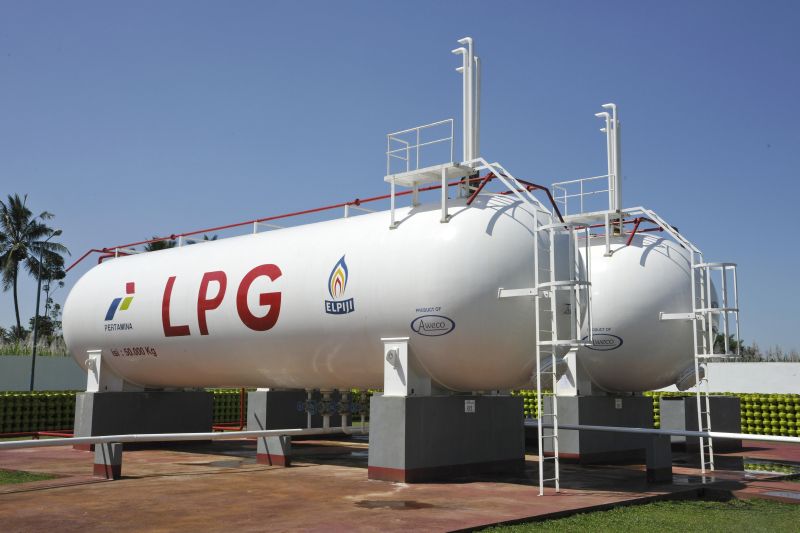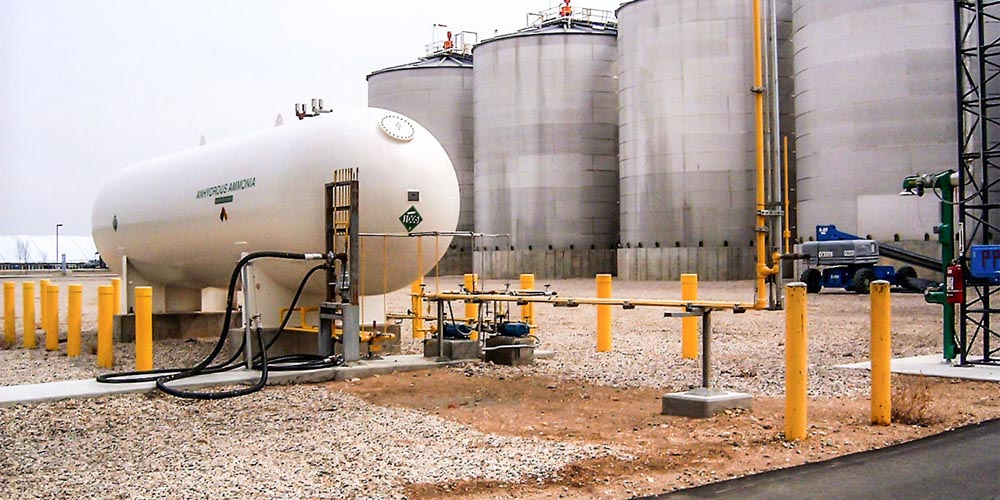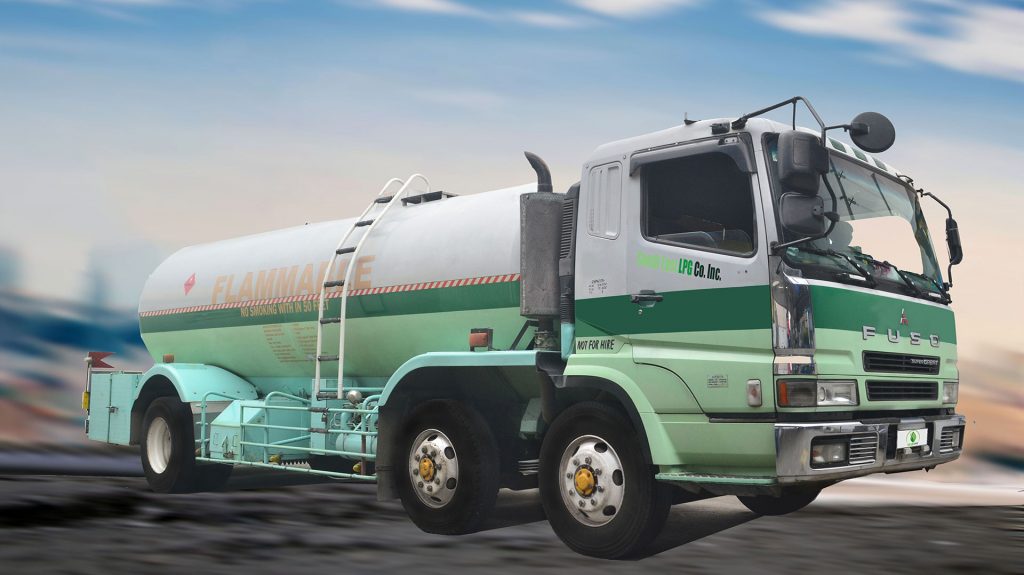
16 Mar LPG: Where Does It Come From?
Liquefied Petroleum Gas has its own advantages and is a very versatile type of fuel that consumers use. It is usually found naturally in combination with other hydrocarbons typically natural gas and crude oil. It is liquefied by applying pressure stored in pressure vessels, extracted from heated crude oil using a distribution tower that separates mixtures into its component parts.

LPG contains Propane, a product of natural gas processing and oil refining. Butane, a flammable hydrocarbon gas liquefied through pressuration. And Isobutane, an isomer of butane with the same chemical formula as butane but has different physical properties.
Where does LPG come from?
Liquefied Petroleum Gases are naturally found in combinations with other hydrocarbons especially during natural gas processing and petroleum refining.
Separation and collection from the base is one of the processes. By separating natural gas or refining crude oil, LPG is isolated from hydrocarbon mixtures.
The natural gas and oil from earth extraction is 60% while the production of refining crude oil is 40%. Here is a short process of the production of LPG.
1. Drilling Oil Wells
The process starts by drilling oil wells. It is made during the processing natural gas oils and oil refining. Treatment of Natural Gas Liquids is necessary to produce field grade LPG.
2. Transportation
The transportation of Liquefied Petroleum Gas to storage terminals is through large carrier, pipelines and even trains. Pipeline and tankers transfer crude oil.

3. Storage
Liquefied Petroleum Gas terminals store imported products in large quantities. The delivery of this gas is by road to intermediate-sized storage vessels. The transportation of LPGs everywhere is either in cynlinders or bulk.

4. Distribution
Small bulk trucks distribute the gas from the storage center to various customers. After distribution, it is will be easily available in commercial stores or service stations.
LPG gives the benefits of a main gas supply for both businesses and home as. It cuts down your cost and the carbon footprint appears at the lower end of the range which is good to our environment.
Our team consists of experienced LPG specialists and technicians in the Philippines that will help you with your needs such as installation, repairs and many more. For inquiries and other concerns, contact us today as we can help you with your LPG needs!
